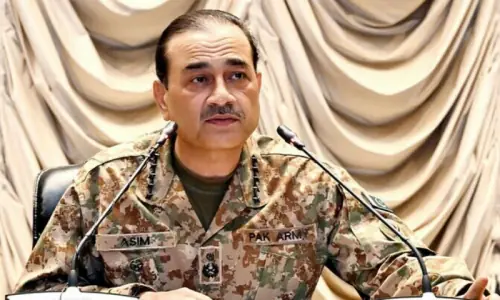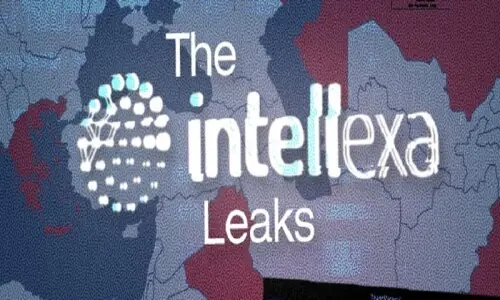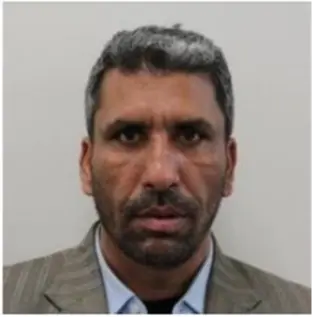Modi says India will work to 'isolate' Pakistan internationally
NEW DELHI: India’s Prime Minister Narendra Modi, while addressing a speech on Saturday in the southern Indian town of Kozhikode, vowed that India will mount a global campaign to isolate Pakistan in the world.
“We will isolate you. I will work for that,” Modi said in his first speech after the attack on an Indian army base in India-held Kashmir last Sunday that killed 18 soldiers.
He said that in the last four months, Indian security forces have killed 110 terrorists who allegedly crossed over the cease-fire line in Kashmir from Pakistani territory.
“Terrorist attacks in Bangladesh and Afghanistan were also being instigated from Pakistan.” He also accused Pakistan of trying to destabilise Asia by exporting terrorism.
Editorial: Modi’s aggressive language
“This is the only country that is exporting terrorism in all corners,” Modi said, without directly naming Pakistan, in his first public comments since the attack.
“Wherever there is news of terror, there is news that either the terrorist first went to this country or later, after the incident, like Osama Bin Laden,” he said addressing a rally in southern Kerala state.
Addressing the Pakistani people directly, he added: “We both gained independence in the same year but (today) India exports software and your leaders export terrorists.”
“India has and never will bow down in the face of terrorism,” Modi said.
Modi warned Islamabad that India would continue to push to make Pakistan a pariah state in the eyes of the international community.
“We will intensify it (our efforts) and force you to be alone all over the world,” he said.
Know more: China to support Pakistan against foreign aggression
Some Indian military experts have called for cross border strikes against suspected militant camps across the border in the wake of the latest attack.
But Pakistan has warned it will hit back against any Indian attack and the latest tensions between the nuclear-armed neighbours are drawing concern.
On Wednesday, Prime Minister Nawaz Sharif told the UN General Assembly that Pakistan wanted peace but New Delhi was an obstacle to talks.


































